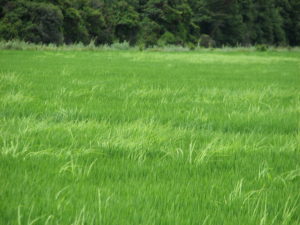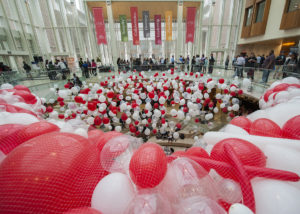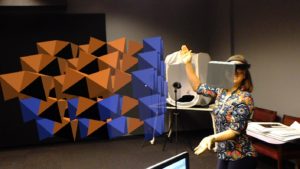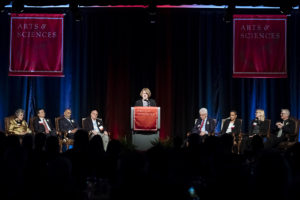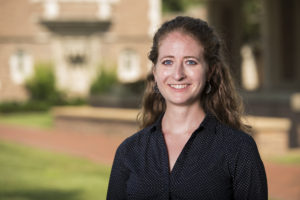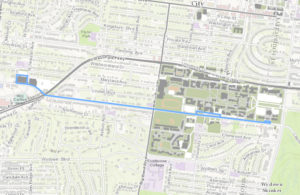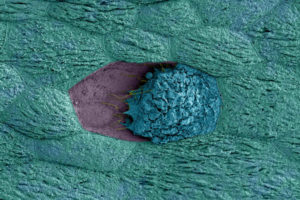We tend to assume that domestication is a one-way street and that, once domesticated, crop plants stay domesticated. A new study of rice shows, however, that different methods of farming change the evolutionary pressures on crop plants, and the plants easily “de-domesticate,” evolving to take advantage of these opportunities.


